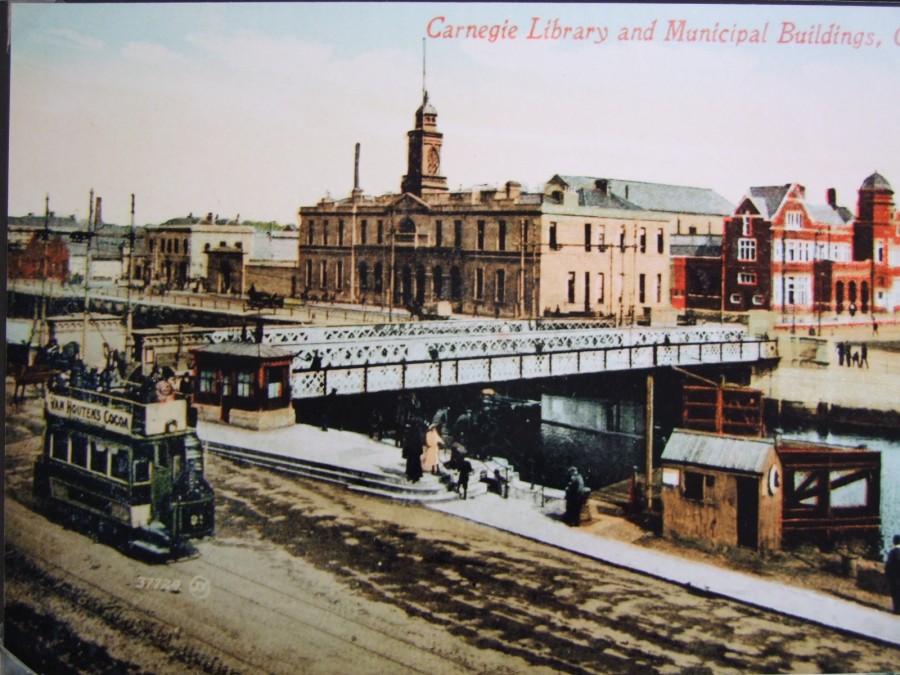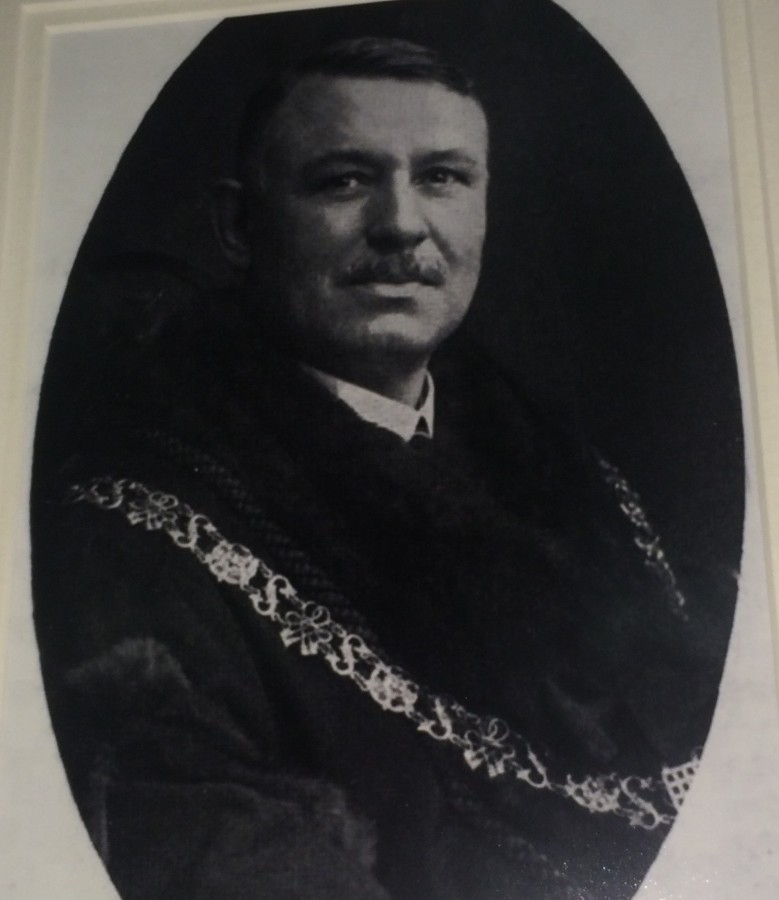Kieran’s Our City, Our Town Article
Cork Independent, 19 May 2016
Remembering 1916, Asquith Comes to Cork
The imprisonment and executions of Irish Volunteers in May 1916 resonated across all classes of people. Exactly today one hundred years ago, Thursday 19 May – British Prime Minister Herbert Asquith paid a visit to Cork as part of his Irish tour of Rising hotspots. He arrived in Dublin on 12 May, almost three weeks after the Rising – there he stopped any further executions by General Maxwell. However, by then Irish public opinion had swung against him and Westminster.
Newspapers such as the Irish Independent and Cork Examiner describe the Cork visit. In the week of 12 May, it was taken for granted that he was coming to the south of the country with the aim of interviewing leading citizens and to ascertain for himself and first-hand the exact position of military affairs locally and regionally. Silence was displayed by those who knew of Mr Asquith’s movements, and when he would arrive in Cork, as well as the place where he would have his meetings with local political and policing leaders. It was not stated whether he would arrive by train or motor car. Many thought he would travel by train and hence many went to the Glanmire terminus to await the arrival of the 2.20pm train from Dublin. The train steamed in exactly to scheduled time, but the Prime Minister was not on it. A number of cross channel journalists who had been following Mr Asquith during his visit to Ireland alighted and it was ascertained that he was travelling down by motor car.
The hour of Asquith’s arrival was not known with certainty. He had, it was found, left Dublin somewhere about ten o’clock in the morning. At that time a motor-car would take five hours or more to negotiate the upwards of 160 miles. Putting two and two together, the journalists concluded that the distinguished visitor would reach Cork between three and four o’clock in the afternoon. Those who were set to receive and meet him professed not to know exactly when he would reach the city. It was discovered though that he intended to conduct his interviews at the Municipal Buildings or City Hall.
Just as the clock was showing five minutes to four a smart motor car came along via Parnell Bridge and unobserved drew up at the Municipal Buildings. The police in charge cleared a passage from the kerb to the steps of the buildings, and the Private Secretary, Mr Bonham Carter, was inside the vestibule before very many citizens were aware that he had reached the city. Here he was received by the Lord Mayor Thomas C Butterfield. The Prime Minister, evidently bent on business, was immediately conducted to the Lord Mayor’s Room. Here he chatted with Captain Dickie, the army official who dealt with the surrender of arms in Cork. The Premier next received Bishop Daniel Cohalan and a long discussion took place. Sir Henry O’Shea, ex-Lord Mayor, was then received. A deputation comprising of Captain D Sheehan MP, Alderman J C Forde, Mr David McDonnell and Mr Joseph Hosford, then awaited on the Prime Minister. The purpose of this deputation was not disclosed in the press, but after about fifteen minutes they withdrew. After this the City High sheriff, Councillor William Hart had a short interview with Mr Asquith; County Inspector Howe, RIC was next received, and after him Colonel Du Cros, and Lieutenant J F O’Riordan.
While the Prime Minister was at City Hall, the news that he was in Cork travelled rapidly. By the time Mr Asquith left the building at 6.25pm, a large crowd of citizens, of all classes and both sexes, gathered in the vestibule of City Hall and outside on Albert Quay. As he came down the stairs those in the balcony and vestibule raised cheers, which were taken up outside. He got into his motor-car and was driven to the Custom House Quay, where a steam launch was waiting to convey him down the river to Queenstown. The Prime Minister acknowledged the expressions of goodwill by raising his hat and bowing several times. On arrival at Queenstown, a steamer was placed at Mr Asquith’s disposal to convey him to Fishguard en route for London. Asquith remained tight-lipped on what he learned from his visit to Ireland. Ultimately he did not withdraw martial law. Weeks later he still claimed that Irish Home Rule could be best served after the war ceasing on the European continent. By the end of the year, due to the Irish and other military crises in his World War I campaign his political career was over as Lloyd George took over as Prime Minister.
Meanwhile further to the political discussion and the aftermath of the Easter Rising, some 1800 Irish men were interned at Frongoch internment camp at Frongoch in Merionethshire, Wales. It had been a makeshift place of imprisonment during the First World War. Until 1916 it housed German prisoners of war in an abandoned distillery and crude huts. In the wake of the 1916 Easter Rising in Dublin, the German prisoners were transferred and it was used as a place of internment for approximately 1,800 Irish prisoners, among them such notables as Michael Collins.
Captions:
844a. Cork City Hall, c.1916 (source: Cork City Museum)
844b. Lord Mayor of Cork, 1916, Thomas C Butterfield (source: Cork City Hall)

